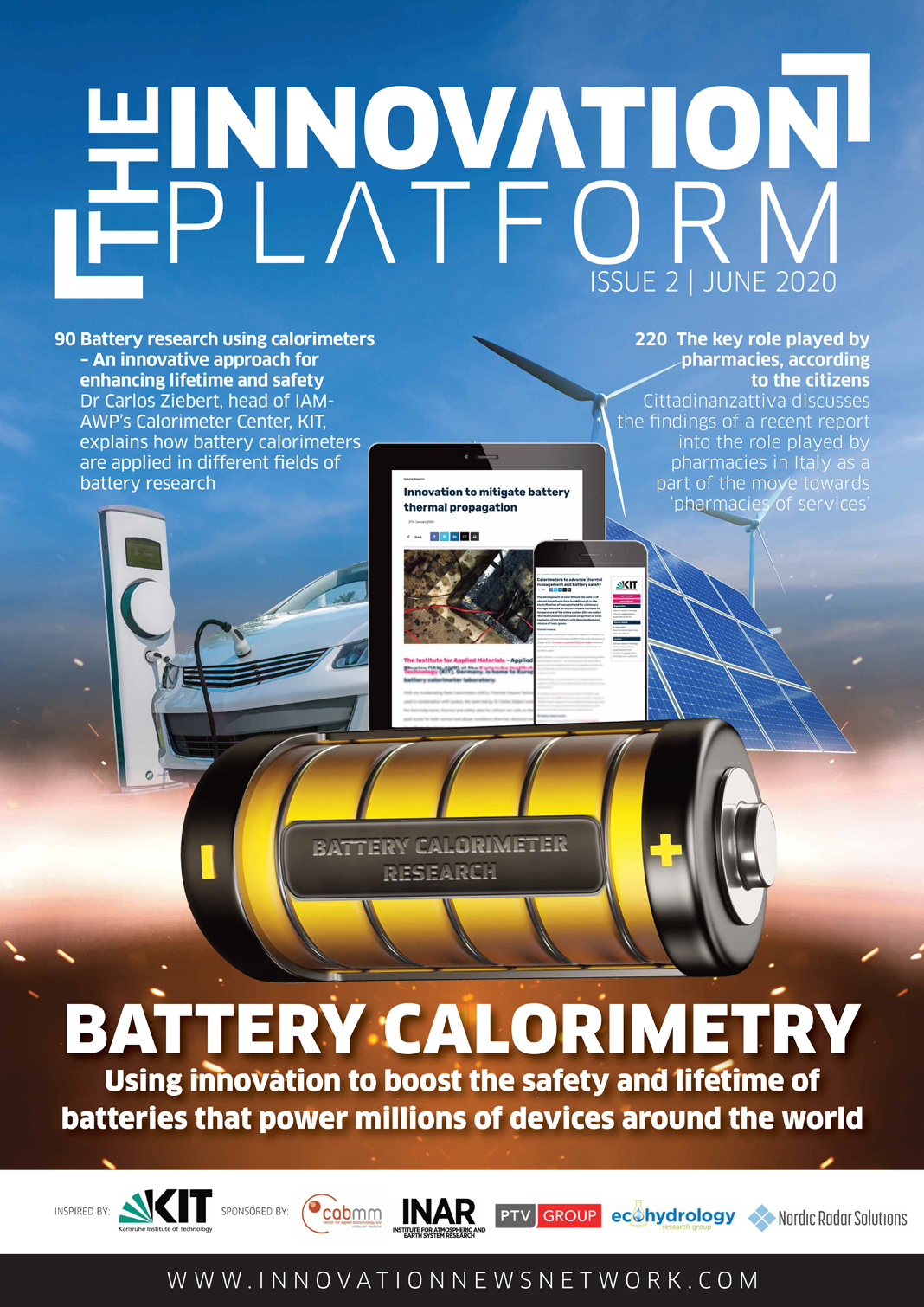The latest issue of The Innovation Platform offers a unique perspective on science and innovation at a time of unparalleled crisis.
The unprecedented nature of our current climate exaggerates the global need for innovation. The second issue of our quarterly publication assesses the role of innovation at a time of global crisis. COVID-19 has spurred on an age of increased scientific collaboration, influencing many governing bodies to increase funding in this sector.
What to expect from Issue 2
Nobel Prize winner, Albert Szent-Györgyi once wrote: ‘Research is to see what everybody has seen and think what nobody has thought’. This concept could not be more apparent in the latest issue of The Innovation Platform, which combines the expertise of academics, industry leaders and policy makers, to offer a unique and in depth analysis of innovation in the science sector.
Issue 2 of The Innovation Platform begins with a foreword by Willem Jonker, CEO of EIT Digital. Jonker addresses the role of digital technology in aiding the current pandemic and how COVID-19 will change the face of technology forever.
With great contribution from Karlsruhe Institute of Technology, this issue delves into the ever-changing world of battery technology and calorimetry. As the potential facilitator of the global adoption of electric transport, calorimetry could be one of the scientific fields responsible for initiating a zero carbon future. Issue 2 of The Innovation Platform also features key insights from researchers discussing their work in: atmospheric science, satellite technology, interstellar travel, life sciences, particle physics, smart energy, conservation science, and much more.
A word from our Editor
Innovation News Network’s International Editor, Clifford Holt, will be hosting this issue in place of Olivia Frost, the editor responsible for The Innovation Platform Issue 1. In his Editor’s Introduction, Holt wrote: ‘Scientific research has had, and continues to have, a key role to play in fighting the COVID-19 pandemic.
‘Not least through efforts to create a vaccine or even to better understand the disease, while the work that is taking place in less obvious places is just as important – such as to bolster cybersecurity (cyberthreats have been growing during the pandemic), or to help develop sustainable building materials, innovative farming practices, digital health technologies, or systems for smarter and safer transport, all of which will be key moving forwards.’


